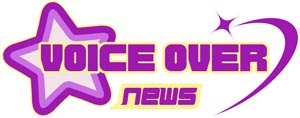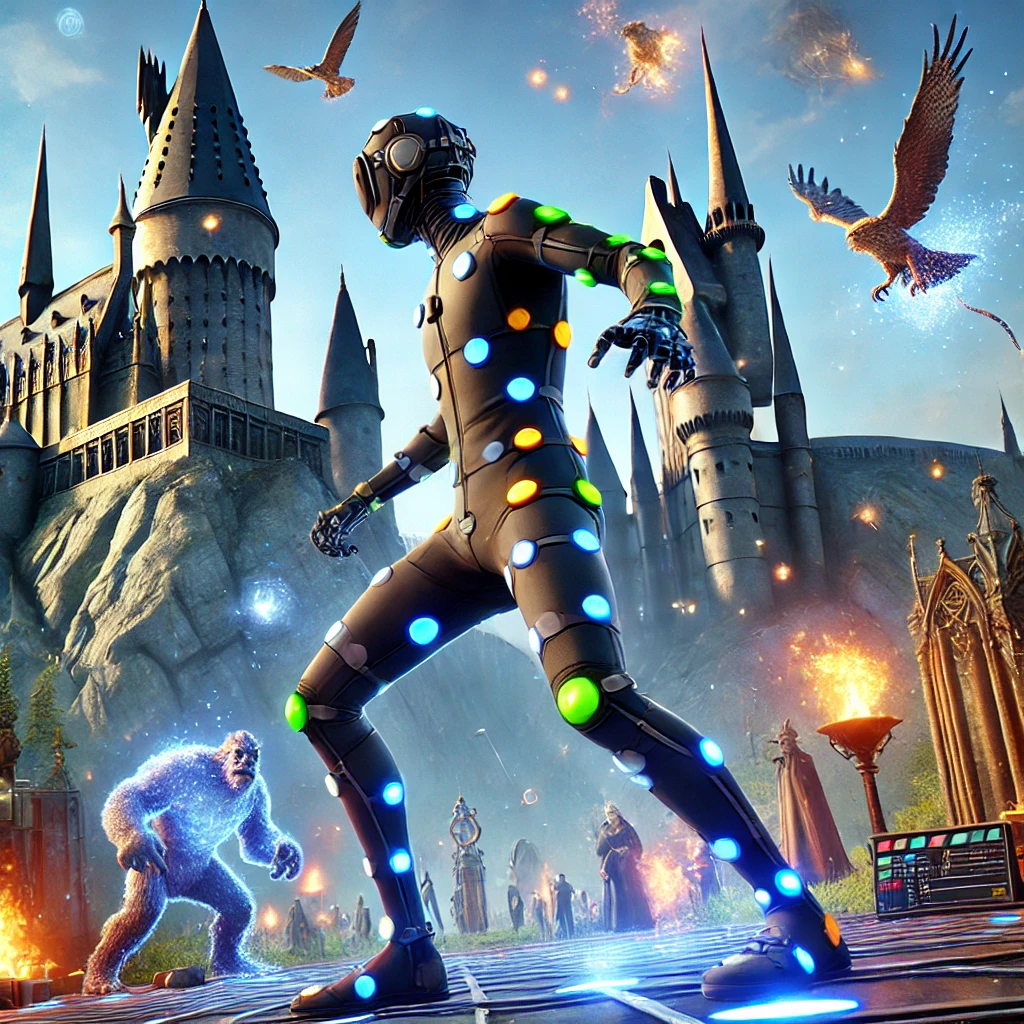Hogwarts Legacy is a spellbinding journey set in the wizarding world of the late 1800s, where players take on the role of a newly enrolled student at Hogwarts School of Witchcraft and Wizardry. This student, uniquely gifted with the ability to perceive and master Ancient Magic, becomes central to an old secret that threatens to disrupt the wizarding world.
The Role of Motion Capture in Creating Realistic Animations
Bringing this enchanting story to life involves a combination of cutting-edge technology and exceptional voice acting talent. Motion capture (MoCap) plays a crucial role in creating the immersive experience that fans expect from the Wizarding World franchise. MoCap technology records the movements of people and transfers this data to a computer program, enabling photorealistic animations in a virtual environment.
Insights from the Animation Team
To delve deeper into the magic of MoCap in Hogwarts Legacy, Lead Cinematic Animator Kevin Chesnos, Senior Animator Matt Dibb, MoCap Technician Moira Rausch, and Associate Animator Brendan Casey shared insights into their creative process. Matt Dibb described a memorable experience where he suited up as a troll at the MoCap stage, using a foam club to simulate various actions. The team experimented with different methods to make the animations feel real and physical, all while maintaining a sense of magical wonder.
Efficiency and Realism Through MoCap
Kevin Chesnos emphasized the efficiency and realism that MoCap brings to cinematic animation. Instead of spending extensive time on keyframe animation, actors can perform scenes together, allowing for quicker iterations and more authentic interactions. This collaborative process is especially beneficial when dealing with the extensive cinematics in the game, which span over two hours, surpassing the length of a typical feature film.
Visualization and Interaction on the MoCap Stage
Moira Rausch highlighted the importance of visualization. The ability to see and adjust scenes immediately on the MoCap stage allows animators to perfect the interactions between characters and their environments. This immediate feedback loop is crucial, especially when dealing with creatures and magical elements that do not exist in the real world. By integrating MoCap with Unreal Engine, the team can see how actors’ performances translate into the game environment, ensuring accurate eye lines and interactions, whether between a troll and a human or any other fantastical creatures.
Overcoming Animation Challenges
Senior Animator Matt Dibb and Associate Animator Brendan Casey discussed the challenges of animating creatures and the creative solutions they employ. Since it’s impossible to motion capture actual dragons or other mythical beings, the team studies real animals to understand their movements. This research informs the animation, making the creatures’ movements in the game feel believable yet extraordinary. For instance, animators observe how a wolf moves or how a frog jumps to replicate similar motions for magical creatures in the game.
Voice Actors Bringing Characters to Life
The voice acting cast further enriches the game by bringing depth and personality to the characters. Simon Pegg’s portrayal of Phineas Nigellus Black and Lesley Nicol’s Professor Weasley are standout performances, adding layers of authenticity and charm. Each voice actor contributes to the game’s immersive quality, making the magical world of Hogwarts feel lived-in and real.
Key Characters and Their Voice Actors:
- Professor Fig voiced by Nicholas Guy Smith
- Phineas Nigellus Black voiced by Simon Pegg
- Professor Weasley voiced by Lesley Nicol
- Professor Hecat voiced by Jane Windsor
- Professor Garlick voiced by Moira Quirk
- Professor Shah voiced by Sohm Kapila
- Madam Kogawa voiced by Karen Maruyama
- Natsai Onai (Natty) voiced by Jessica Hayles
- Sebastian Sallow voiced by Alfie Nugent
- Poppy Sweeting voiced by Alice Haldane
- Amit Thakkar voiced by Asif Ali
- Lucan Brattleby voiced by Logan Hannan
- Onimis Gaunt voiced by Jacob Edwards
- Voice 1 voiced by Sebastian Croft
- Voice 2 voiced by Amelia Gething
- Imelda Reyes voiced by Lauren Grace
- Zenobia Noke voiced by Jennifer Veal
- Leander Prewett voiced by Joshua Shea
- Cressida Blume voiced by Georgia Dolenz
- Madam Green voiced by Elle Newlands
- Madam Snelling voiced by Amy Louise Pemberton
- Sirona Ryan voiced by Rebecca Root
- Clair Beaumont voiced by Helen Sadler
- San Bakar voiced by Marwan Salama
- Niamh Fitzgerald voiced by Rachel Rath
- Professor Howin, Ruth Singer voiced by Jeannie Bolet
- Professor Onai, Ellie Peck voiced by Kandace Caine
- Anne Sallow and Isidora Morganach voiced by Holly J. Barrett
- Thomas Brown, Dorran voiced by Chris James
- Nora Treadwell, Penny voiced by Natalie Gray
- Parry Pippin, Ackley Barnes, Scrope voiced by JB Blanc
- Arthur Plummly, Everett Clopton, Elek voiced by Luke Youngblood
- Professor Sharp, Ranrok, and Charles Rookwood voiced by Matthew Waterson
- Professor Ronen, Solomon Sallow, Gerbold Ollivander, Deek, Percival Rackham voiced by Enn Reitel
- Professor Binns, Sorting Hat, Nearly Headless Nick, Peeves, Gladwin Moon, Augustus Hill, Victor Rookwoodvoiced by Jason Anthony
The Heart and Soul of Hogwarts Legacy
As Hogwarts Legacy continues to captivate players, the collaborative efforts of the MoCap and voice acting teams stand out as a testament to the dedication and creativity that bring the wizarding world to life. From the intricate animations to the rich vocal performances, every aspect of the game is designed to transport players into a magical adventure, making them feel like true witches and wizards at Hogwarts.

